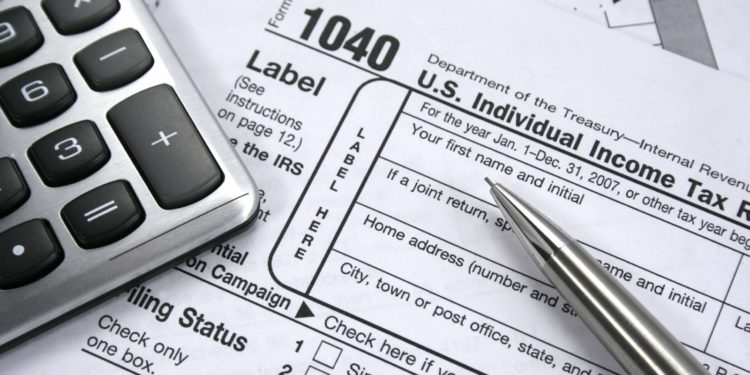The tax complications are the ones that can make spending bitcoin even harder and not just because of the perceived technological barriers and the lack of ecosystem and widespread adoption. Let’s see in the bitcoin news below, how can this be prevented.
The three popular narratives are now developing why Bitcoin is not being used more widely to purchase and sell goods and services. The first reason could be the relatively small number of outlets both offline and online that accept Bitcoin as a payment. This is mainly because there is no good enough infrastructure and the complexities of the off-ramping from crypto to fiat.
The second reason could be the price volatility of the cryptocurrencies which makes it risky for merchants to start accepting digital assets. The third is that the bitcoin holders are afraid to spend it in anticipation of price appreciation. The last thing is- taxation. Tax complications are among the top reasons that make spending bitcoin harder. The way that the tax authorities threat cryptocurrencies are different in different jurisdictions since some see it as a property asset, commodity or even currency. Almost everyone sees the sale of cryptocurrency as a taxable event.
When it comes to crypto traders, the taxation agencies tax any gains that are made from selling crypto for a higher price than it was initially bought. This event is subject to capital gains tax. The Tax complication can arise when you sell Bitcoin when you buy something and if the bitcoin you sell is worth more than the first time you bought it, the sale is treated as a capital gain. This applies whether you sell it back into fiat or crypto.
ShapeShift’s Erik Voorhees explained during a Bitcoin conference in San Francisco:
“Even if they’re totally cool with the volatility, even if they totally understand the technology, even if they’re okay with a $5 fee on a $50 transaction — having to spend a while reporting that and tracking that and the risk of not tracking that correctly actually becomes the real cost.”
The tax agencies classified cryptocurrencies and even created regulations around them to make sure that their use will not be tax-exempt. The IRS is not stopping at capital gains since the crypto ATMs are being targeted for the perceived ability to make money laundering possible.
DC Forecasts is a leader in many crypto news categories, striving for the highest journalistic standards and abiding by a strict set of editorial policies. If you are interested to offer your expertise or contribute to our news website, feel free to contact us at editor@dcforecasts.com






















Discussion about this post